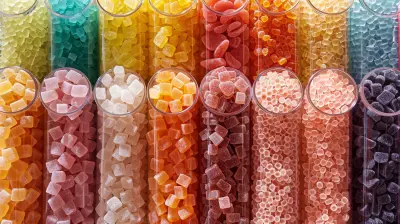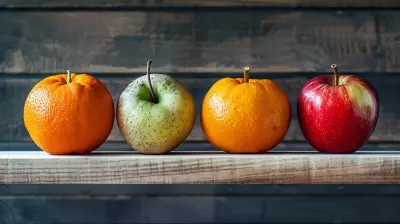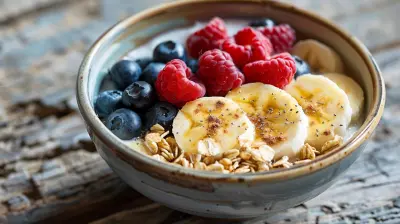Exploring the Powerful Antioxidant Properties of Vitamin C
19 November 2025
Introduction
You've probably heard that Vitamin C is great for your immune system. But did you know it's also one of the most powerful antioxidants out there? This tiny but mighty vitamin does more than just keep colds at bay—it fights off harmful free radicals, slows down aging, and keeps your skin glowing.
In this article, we’ll dive deep into the antioxidant power of Vitamin C, why it’s crucial for your health, and how you can make sure you’re getting enough of it. 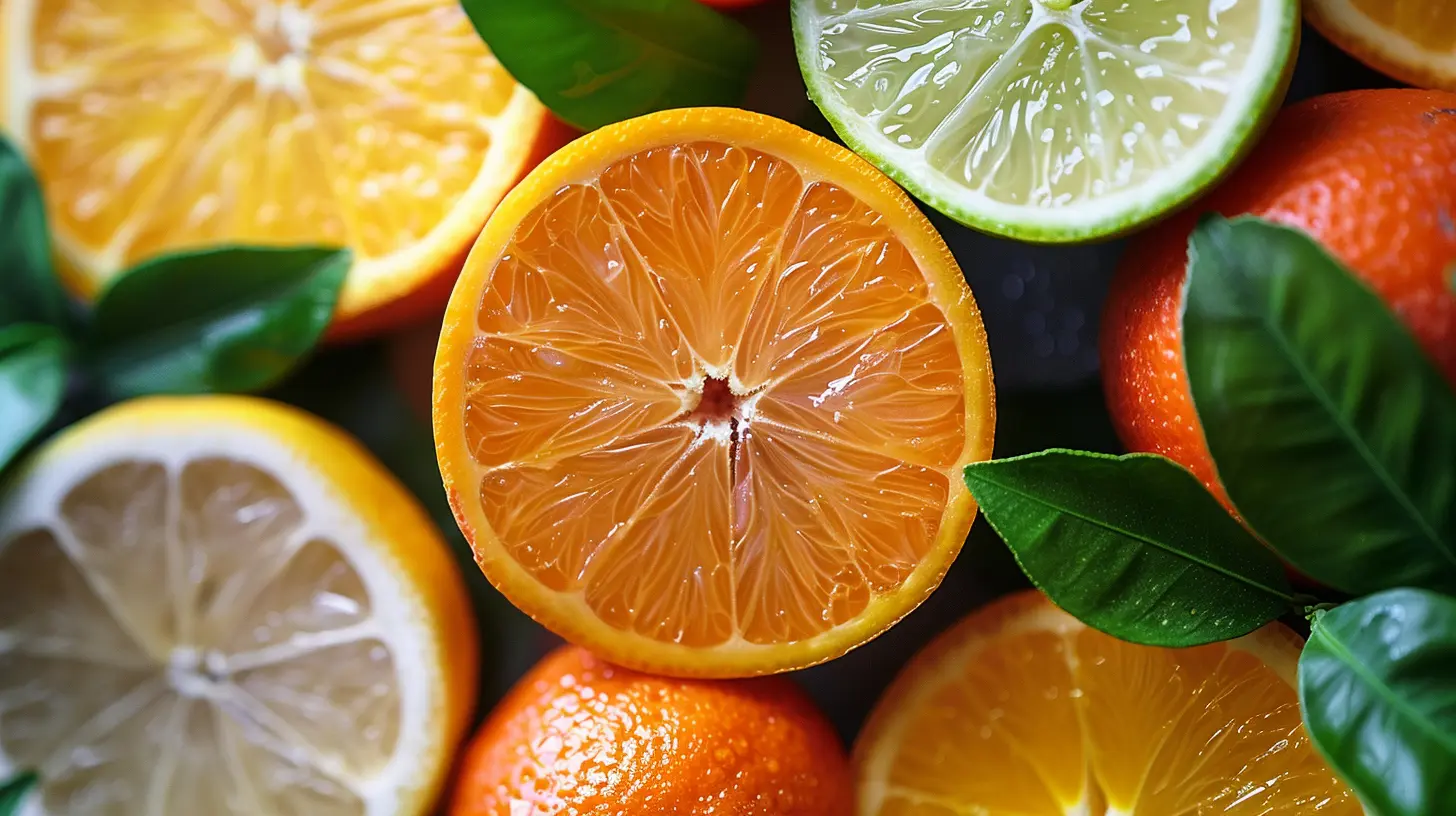
What Exactly Are Antioxidants?
Before we talk about Vitamin C, let’s get a quick understanding of antioxidants.Antioxidants are substances that help protect your cells from oxidative stress. Think of oxidative stress like rust forming on metal. Over time, our bodies accumulate damage from toxins, pollution, and even the food we eat. This damage is caused by unstable molecules called free radicals.
Free radicals are like little troublemakers, stealing electrons from healthy cells and causing them to weaken or die. The result? Premature aging, inflammation, and increased risk of diseases like cancer and heart disease.
That’s where antioxidants come in. They act as bodyguards, neutralizing these harmful free radicals and preventing them from causing chaos in our cells. And guess what? Vitamin C is one of the most powerful antioxidants we have. 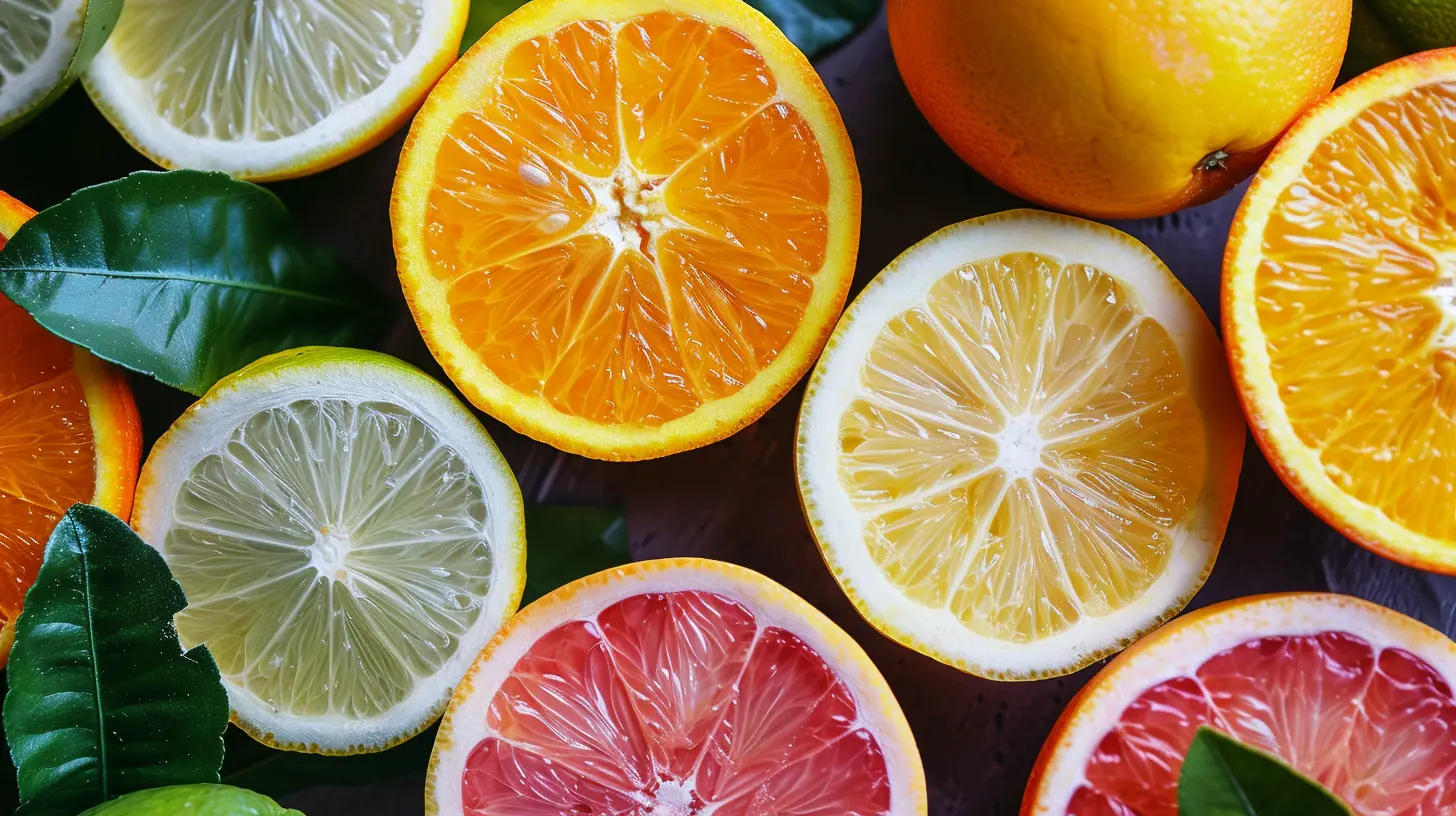
How Vitamin C Works as an Antioxidant
Vitamin C (also known as ascorbic acid) is a water-soluble vitamin, meaning your body doesn’t store it—it needs a constant supply from your diet. When it comes to antioxidants, Vitamin C plays a key role in:- Neutralizing Free Radicals: It donates electrons to unstable molecules, stabilizing them and preventing further damage.
- Regenerating Other Antioxidants: It helps replenish Vitamin E, another powerful antioxidant in your body.
- Boosting Collagen Production: Collagen is essential for skin, joints, and blood vessels, but oxidative stress can weaken it. Vitamin C helps keep it strong.
- Enhancing Iron Absorption: Ever feel tired even though you eat iron-rich foods? Vitamin C helps your body absorb iron better, reducing fatigue and anemia risks.
In short, Vitamin C is like your body’s personal defense force—always working behind the scenes to keep your cells healthy and strong. 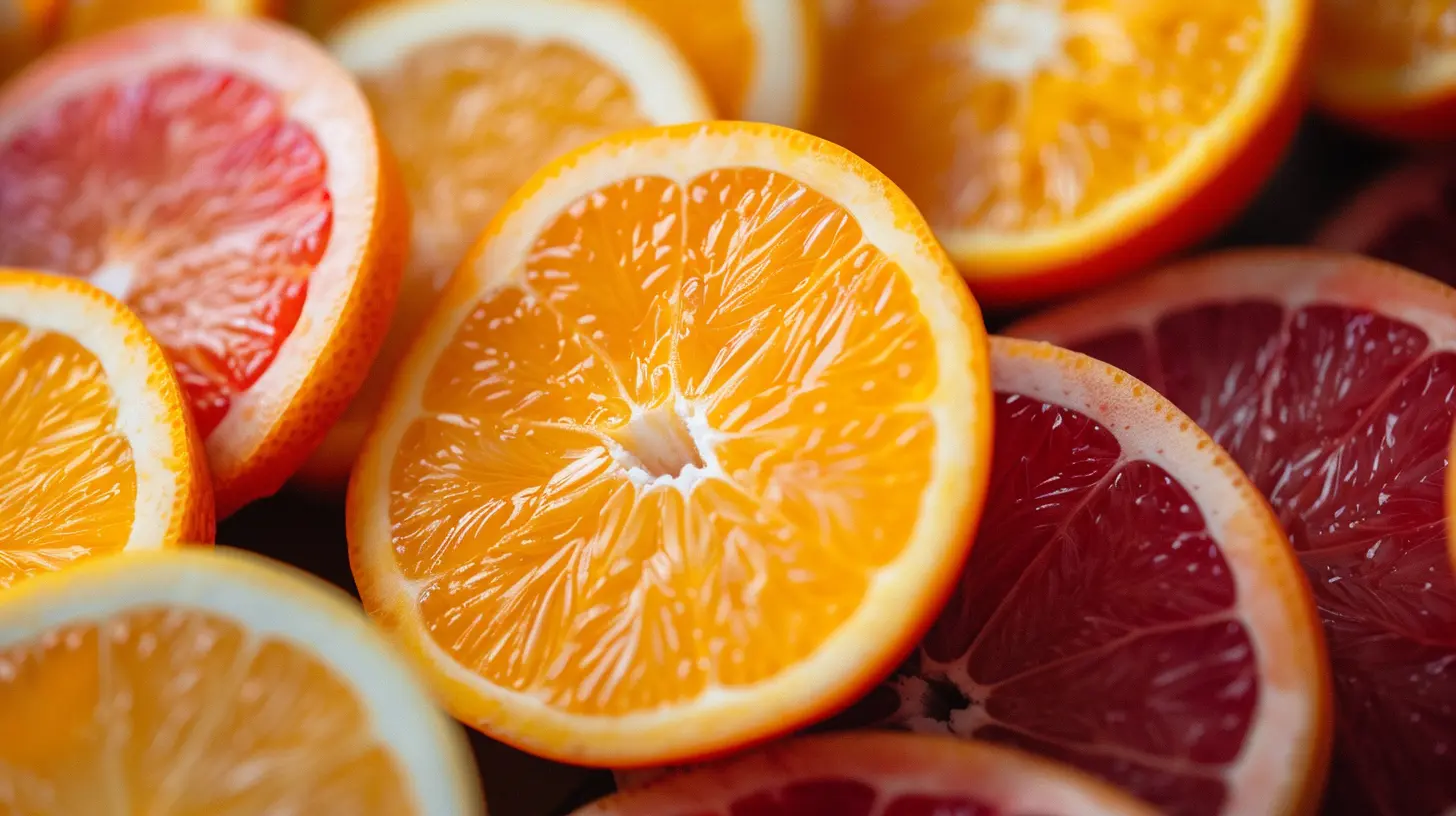
Health Benefits of Vitamin C’s Antioxidant Properties
Now that we know how Vitamin C fights oxidative damage, let’s talk about the real-life benefits you’ll experience when you get enough of it.1. Fights Signs of Aging
Want youthful, glowing skin? Vitamin C is your best friend. Since it plays a key role in collagen production, it helps prevent wrinkles, fine lines, and sagging skin. Plus, its antioxidant power reduces damage from UV rays, pollution, and daily stressors.Some studies even suggest that people who consume more Vitamin C have fewer wrinkles and healthier-looking skin. So, if you want to keep your skin looking fresh, load up on Vitamin C-rich foods or use a good Vitamin C serum.
2. Strengthens Your Immune System
We can’t talk about Vitamin C without mentioning immune support. While it’s not a cure for the common cold, it does help your immune system function at its best.How does it work? Vitamin C stimulates white blood cell production, which helps your body fight infections. It also reduces inflammation, speeds up wound healing, and helps people recover faster from colds and infections.
If you want fewer sick days, make sure you’re getting enough Vitamin C in your diet.
3. Helps Prevent Chronic Diseases
We live in a world full of environmental toxins, processed foods, and stress—all of which contribute to chronic diseases like heart disease, diabetes, and cancer. Since free radicals play a big role in these conditions, having enough antioxidants in your body can significantly lower your risk.Studies show that higher Vitamin C levels are linked to a lower risk of:
- Heart disease (by reducing blood pressure and inflammation)
- Certain cancers (by preventing oxidative damage to DNA)
- Cognitive decline (by protecting brain cells from aging)
Simply put, Vitamin C is like a natural shield against some of the most serious health problems out there.
4. Supports Brain Health
Did you know that your brain has one of the highest concentrations of Vitamin C in your body? That’s because this vitamin protects nerve cells from oxidative stress, which can lead to neurodegenerative diseases like Alzheimer’s and Parkinson’s.Vitamin C also helps in producing neurotransmitters—those tiny messengers in your brain that control mood, memory, and cognitive function. If you want to stay sharp and focused as you age, make sure Vitamin C is part of your daily routine.
5. Reduces Inflammation and Supports Joint Health
Inflammation is at the root of many chronic illnesses, including arthritis. Since Vitamin C has strong anti-inflammatory properties, it can help reduce joint pain and stiffness.It also plays a role in maintaining healthy cartilage—the cushion between your bones—by supporting collagen production. So, if you suffer from joint pain or want to prevent arthritis, adding more Vitamin C to your diet is a smart move. 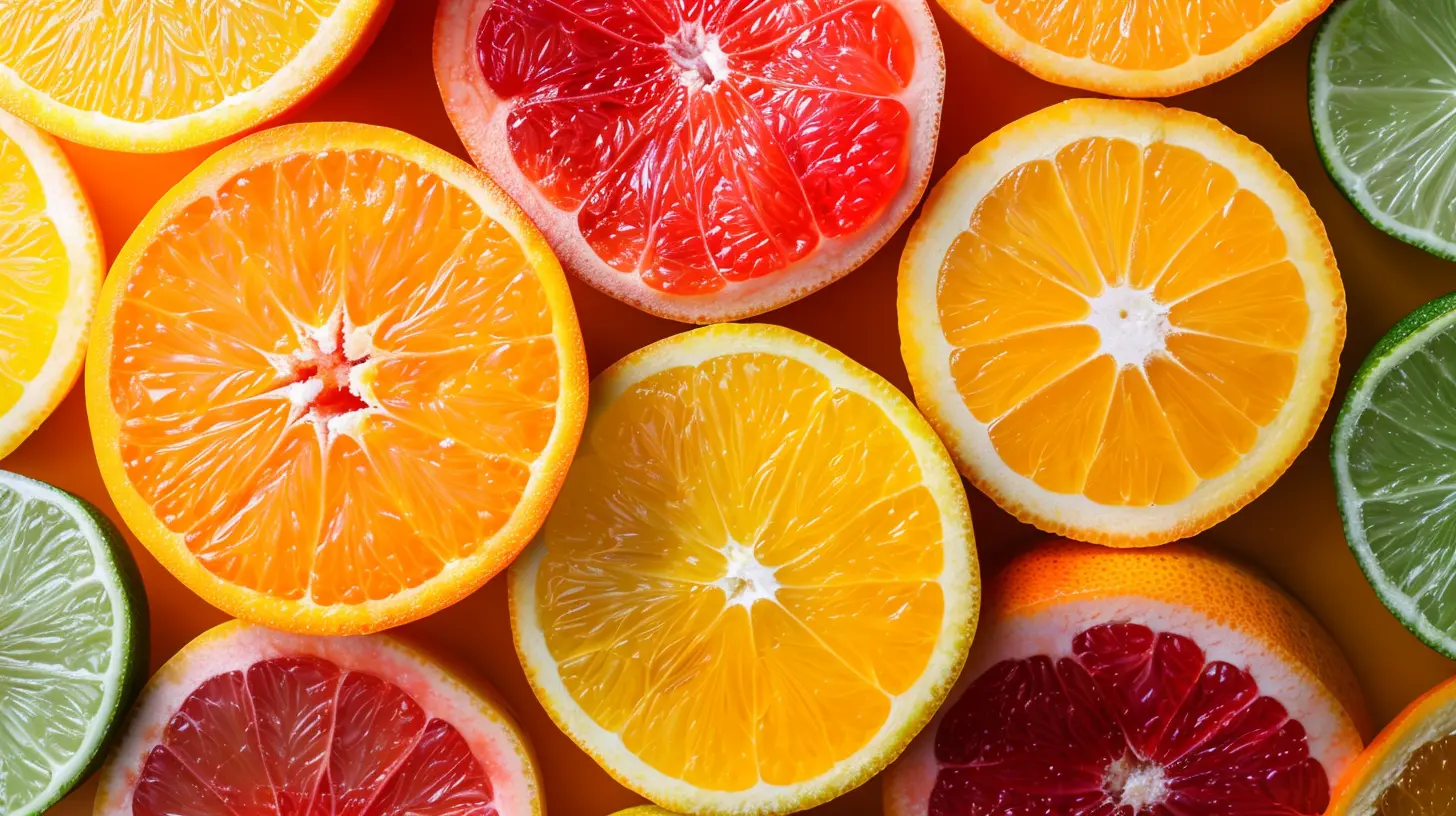
Best Sources of Vitamin C
Your body doesn’t produce or store Vitamin C, so you need to get it from food or supplements. Luckily, there are plenty of delicious natural sources to choose from:Fruits Rich in Vitamin C:
- Oranges- Strawberries
- Kiwi
- Pineapple
- Papaya
- Mango
Vegetables Packed with Vitamin C:
- Bell Peppers (especially red ones)- Broccoli
- Brussels sprouts
- Spinach
- Kale
- Tomatoes
A simple way to boost your intake? Start your day with a fresh fruit smoothie or add colorful veggies to your meals.
How Much Vitamin C Do You Need?
The recommended daily intake of Vitamin C varies by age and gender:- Men: 90 mg/day
- Women: 75 mg/day
- Pregnant women: 85 mg/day
- Breastfeeding women: 120 mg/day
Smokers require about 35 mg more per day than non-smokers because smoking increases oxidative stress.
While it’s always best to get vitamins from food, supplements can be helpful if you struggle to meet the recommended intake. Just don’t overdo it—mega doses (above 2,000 mg/day) can cause stomach issues like diarrhea and cramps.
Should You Take a Vitamin C Supplement?
Most people can get enough Vitamin C from their diet, but there are some cases where supplements might help, such as:- If you have a poor diet (low in fruits and vegetables)
- If you smoke (since smoking depletes Vitamin C levels)
- If you have a weakened immune system
- If you suffer from chronic stress (stress increases oxidative damage)
If you decide to take a supplement, choose one that contains ascorbic acid (the most bioavailable form) and stick to recommended dosages.
Final Thoughts
Vitamin C is more than just an immune booster—it’s a powerful antioxidant that protects your cells, slows aging, and reduces the risk of chronic diseases. Since your body doesn’t store it, you need to make sure you’re getting enough every day from fruits, vegetables, or supplements.So, what’s the takeaway? Keep your plate colorful, embrace Vitamin C-rich foods, and let this mighty antioxidant work its magic in your body.
Got a favorite Vitamin C-rich food or recipe? Share it in the comments below!
all images in this post were generated using AI tools
Category:
SupplementsAuthor:

Eileen Wood
Discussion
rate this article
1 comments
Landon Morgan
In citrus bursts and vibrant hues, Vitamin C, a guardian true, Fights the foes of time and strain, Its potent shield, our health to gain. With every slice, a vibrant cheer, Embrace the glow, let wellness near— Nature’s gem, a treasure bright, In health’s embrace, we find our light.
November 27, 2025 at 5:41 PM

Eileen Wood
Thank you for your beautiful poem! It perfectly captures the vibrant essence and health benefits of Vitamin C as a powerful antioxidant.
